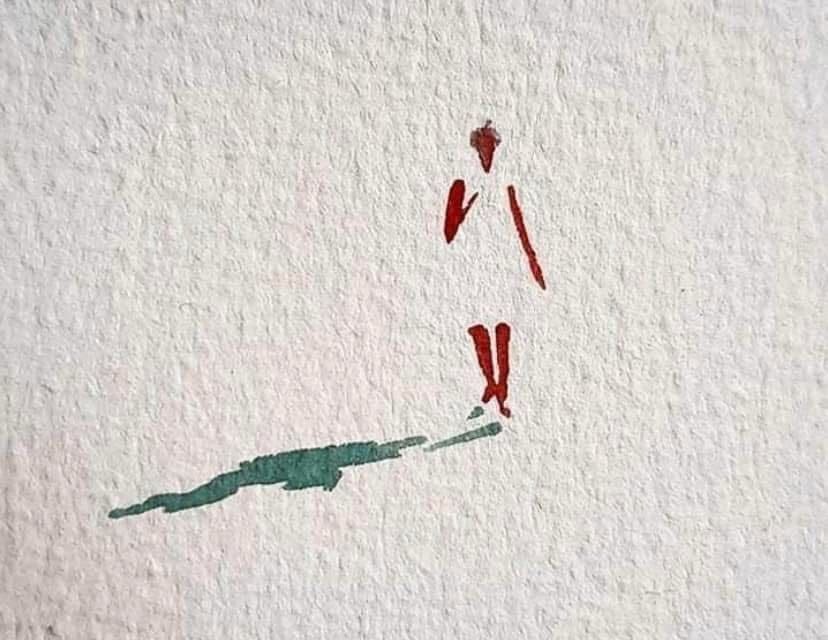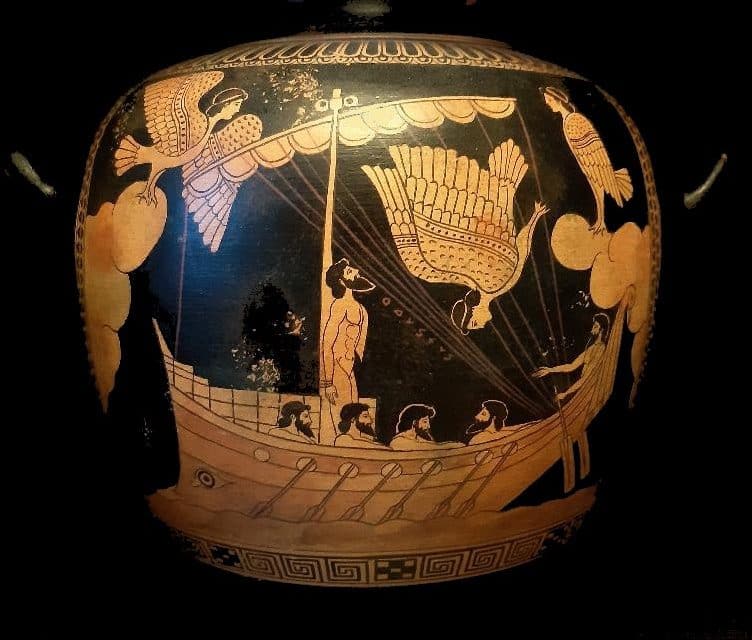Author: Admin
Hi, I'm Ari, the admin and author behind this blog. As a UK-registered therapist, I specialize in online couples therapy, helping individuals and partners work through their challenges and build stronger relationships. With a focus on empathy and practical strategies, I aim to provide readers with valuable insights and resources for personal and relational growth. When I'm not working with clients or writing, I’m continually learning and exploring new ways to support emotional well-being in the digital age.

Breaking Free from Negative Thoughts: A Neuroscientific and Psychological Approach
Struggling with negative thoughts? Discover practical strategies from neuroscience, psychoanalysis, and cognitive behavioural therapy (CBT) to manage and overcome them. Learn how emotional regulation and exposure therapy (ERP) can help reshape your mindset. This article offers evidence-based tools for breaking free from self-doubt, anxiety, and negativity. Start your journey to mental well-being today.

The Unseen Shapes of Memory: How the Mind Fills in the Gaps
Our minds constantly fill in the gaps, shaping reality through the lens of past experiences. But what happens when trauma or unresolved conflicts distort what we see? Discover how psychoanalysis reveals the hidden patterns behind perception, memory, and relationships.

This world is strange; you never know what might happen, but you should be wary of the one you’ve done good by.
This essay explores the complex psychological dynamics between benefactors and recipients, delving into unconscious projections, power imbalances, and emotional consequences. Drawing on psychoanalytic theory and clinical experience, it offers insights into navigating these relational complexities. Discover how acts of giving and receiving shape our relationships on a deeper psychological level.

Birthdays, Time, and the Unconscious
Birthdays are more than just numbers—they mark the passage of time, stirring deep reflections on memory, change, and the future. How do we truly experience time, and what does it reveal about us? Explore the psychology and philosophy of ageing, nostalgia, and the unconscious.

Schema Therapy: Bridging Psychoanalytic Insight and Cognitive Behavioural Strategies
Discover how Schema Therapy bridges psychoanalysis and cognitive-behavioural approaches to address deep-seated emotional patterns. Explore its transformative techniques through a detailed case study. Learn how this innovative therapy fosters healing, self-worth, and healthier relationships.

Understanding and Treating Generalised Anxiety Disorder: A Psychodynamic Perspective with ERP as a Tool
Discover how psychoanalytic insights uncover the roots of Generalised Anxiety Disorder (GAD) while practical tools like Exposure Response Prevention (ERP) help manage its symptoms. Learn to bridge understanding and action for holistic anxiety treatment. Take control and find balance today.

Breaking the Cycle: A Journey Through Obsessive Thoughts
Struggling with obsessive thoughts and anxiety can feel overwhelming, but effective therapy offers hope. This story explores how combining psychodynamic insights with CBT and ERP helped one person break free from OCD’s grip. Learn how evidence-based approaches can transform your mental health journey.

Understanding OCD: What It Is and How We Can Help You
Anxiety is the body’s natural response to perceived danger or stress, rooted in survival mechanisms. Obsessive-Compulsive Disorder (OCD) is a complex mental health condition rooted in anxiety. It involves intrusive thoughts (obsessions) and repetitive behaviors (compulsions) aimed at reducing distress caused by those thoughts.

Confronting the Sirens: A Psychoanalytic Journey Through Desire, Temptation, and Self-Mastery
Explore the timeless tale of Ulysses and the Sirens through the lens of psychoanalysis, uncovering insights into desire, temptation, and self-mastery.

The Timeless Dance of Negotiation in Love
A successful relationship, much like a dance, requires effort, adaptability, and the ability to dream together while remaining grounded in the here and now.
